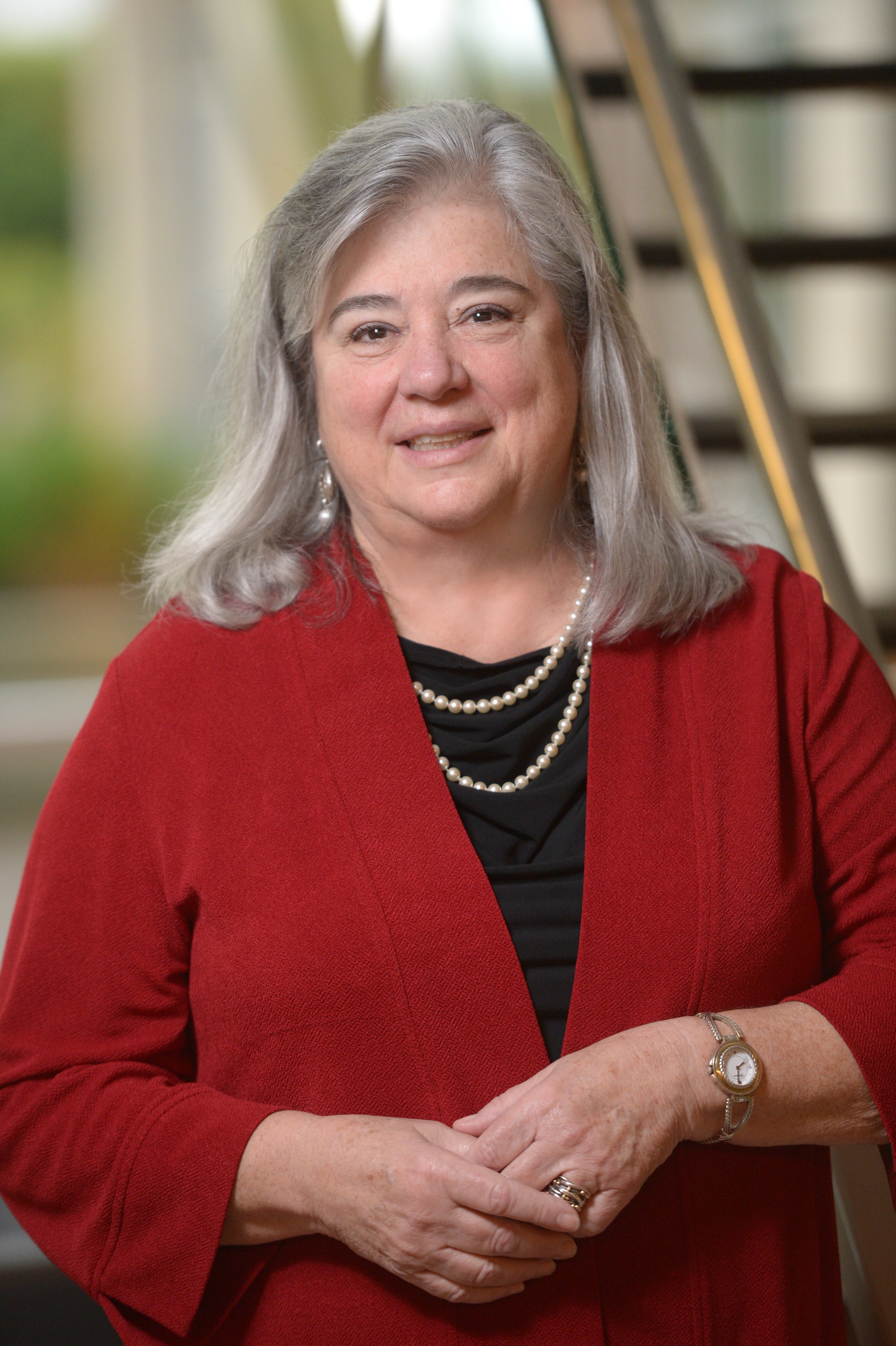How We’re Growing Nursing’s Voice in the Health News Media

The Woodhull Study on Nurses and the Media: Health Care’s Invisible Partner showed that nurses were quoted in only 4% of health stories (https://sigma.nursingrepository.org/handle/10755/624124) in the news media. In 2018, Mason and team published (https://doi.org/10.1111/jnu.12429) the Woodhull Study Revisited: Nurses’ Representation in Health News Media 20 Years Later. They found that after two decades, only 2% of health stories in the news media quoted nurses; although not statistically significant, the decrease is still a concern. The 1998 study identified that nurses were just starting to move into positions of authority (https://sigma.nursingrepository.org/handle/10755/624124) in healthcare systems, a status that might make them more available for journalists. Yet in 2018, nurses occupied more healthcare leadership positions in diverse sectors but were still not being used as expert sources by journalists. Why?
In December, I had the opportunity with ONS Senior Marketing Manager Nicole Lininger and representatives from more than two dozen nursing organizations to participate in a media summit hosted by Sigma Theta Tau International Honor Society of Nursing, the Center for Health Policy and Media Engagement at the George Washington University School of Nursing, and the University of Tennessee, Knoxville, College of Nursing. The summit’s purpose was to help attendees develop their capacity for getting their nurse members and priority health issues into local, regional, and national health news. Faculty and journalists engaged with attendees on how to move from silence to voice in health stories.
Some of what we learned is not new to me but a reminder of my past media training. What was critical about this summit, though, was how we looked at the content through an ONS lens. How can ONS support members to develop their voice at the local level? What strategies can we employ at the national level to champion members’ expertise on current headlines in health care? As one faculty member said to me, ONS members have great stories that illustrate any number of cancer topics from access to care to survivorship challenges to caregiver resilience and much more.
Interestingly, nurses are often helpful in providing journalists with the context for their stories but they’re rarely quoted as the expert. That typically falls to our physician colleagues for many reasons, including some we can change and some we cannot, but we have an opportunity to improve our presence as experts in the media. Something ONS can do is identify members with specific expertise in one or two topics, rather than a long list. Another is providing consistent education, such as writing effective op-eds or building relationships with healthcare journalists by engaging with them on social media.
To change from silence to voice in the media is not a sprint but a marathon. As your professional home, ONS can take actions now and in the future to support you as experts for journalists. Watch for more to come on this topic, but in the meantime, let us know anytime you are present in the media.
